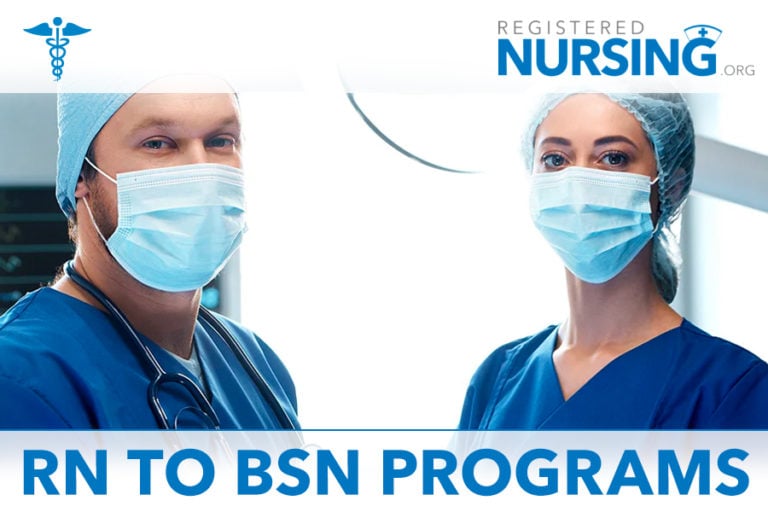The dream of studying in Germany, a global hub for academic excellence and innovation, is within reach for international students through the DAAD scholarship. As the German Academic Exchange Service (DAAD) continues to empower young minds, its scholarship programs offer unparalleled opportunities for graduates, doctoral candidates, and researchers to pursue world-class education in Germany. With over 400,000 international students expected to enroll in German universities in 2025, and 20–40% potentially securing fully or partially funded scholarships, the DAAD stands as a beacon of hope for those seeking to advance their careers without financial burden. This blog explores the essence of the DAAD scholarship, its role in facilitating study in Germany, the benefits for international students, and a step-by-step guide on how to apply, drawing on insights from resources like ListScholarship’s guide on influencer marketing trends to highlight the importance of strategic preparation in achieving academic goals.
1. The Power of the DAAD Scholarship

The DAAD scholarship, administered by the German Academic Exchange Service, is one of the most prestigious international scholarships, supporting over 10,000 students annually to study in Germany. In 2025, it offers fully funded opportunities for master’s and PhD programs, covering monthly stipends of €992 for graduates and €1,400 for doctoral candidates, along with travel allowances, health insurance, and additional benefits like research grants. Designed to foster global academic collaboration, the DAAD promotes sustainable development by training specialists from developing and industrialized countries. Programs like the Development-Related Postgraduate Courses (EPOS) and Hilde Domin Programme target students from developing nations and those at risk, respectively, ensuring inclusivity. Germany’s tuition-free public universities, combined with DAAD funding, make it an attractive destination, as noted in ListScholarship’s insights, which emphasize strategic approaches to seize opportunities. This scholarship empowers students to access world-class education and build networks that enhance their global career prospects.
2. Why Study in Germany in 2025?
Germany is a premier destination for international students, offering high-quality education, cutting-edge research facilities, and a vibrant cultural landscape. In 2020, Times Higher Education ranked LMU Munich, Heidelberg University, and Humboldt University among the top 50 globally, reflecting Germany’s academic prowess. With most public universities charging no tuition fees, except in Baden-Württemberg where non-EU students pay €1,500 per semester, the financial barrier to education is minimal. The DAAD scholarship enhances this affordability by covering living expenses, enabling students to focus on their studies. After graduation, international students can stay in Germany for up to 18 months to seek employment, a generous window compared to other countries like the UK. In 2020, 50% of international graduates remained in Germany, drawn by robust job markets and industry connections. This combination of academic excellence and career opportunities makes studying in Germany in 2025 a transformative experience, as strategic preparation, akin to ListScholarship’s marketing strategies, can maximize success.

3. The German Academic Exchange Service: A Global Catalyst
The German Academic Exchange Service, or DAAD, is a cornerstone of international education, fostering academic mobility since 1925. It supports students and researchers from nearly every country, offering scholarships for master’s, PhD, and postdoctoral programs, as well as research grants and internships. In 2025, DAAD’s programs like the MIDE Scholarships at HTW Berlin and the Helmut Schmidt Scholarship focus on developing leadership and expertise in fields like engineering, public policy, and STEM. The organization’s commitment to inclusivity is evident in initiatives like the Hilde Domin Programme, which supports at-risk students. By funding over 10,000 scholars annually, DAAD builds bridges between nations, promoting intercultural competence and sustainable development. Its rigorous selection process, involving independent committees, ensures that only candidates with strong academic records and clear motivations are selected, aligning with the strategic focus on impactful outcomes seen in ListScholarship’s trends guide.
4. Who Can Apply for the DAAD Scholarship?
Eligibility for the DAAD scholarship is broad yet specific, catering to graduates, doctoral candidates, and postdocs from all disciplines. Applicants need a bachelor’s degree (typically a four-year program) for master’s scholarships or a master’s degree for PhD funding, along with at least two years of professional experience. Language requirements vary: English-taught programs require TOEFL or IELTS scores, while German-taught programs demand DSH or TestDaF certification. Candidates from developing and emerging countries are prioritized for programs like EPOS, which focus on development-related fields. The Hilde Domin Programme uniquely allows institutions to nominate at-risk students, who are then invited to apply via the DAAD portal. Motivation is key—applicants must demonstrate a commitment to social responsibility and change, as emphasized in ListScholarship’s guide, which highlights the importance of aligning personal goals with strategic opportunities.
5. How to Apply for the DAAD Scholarship in 2025
Applying for a DAAD scholarship requires careful planning and attention to detail. Candidates cannot apply directly; they must be nominated by a German institution or apply through the DAAD scholarship database at www.funding-guide.de. The process begins with selecting a program, such as EPOS or Helmut Schmidt, and checking specific deadlines, which vary by program—some, like the University of Freiburg’s EPOS scholarship, close by October 15, 2025. Required documents include academic transcripts, a CV, a motivation letter, and language certificates. Applicants should apply to multiple German universities to secure admission, as a DAAD scholarship does not guarantee a university place. Independent selection committees evaluate applications based on academic merit, project quality, and applicant potential. Strategic preparation, similar to the targeted approaches in ListScholarship’s app marketing blog, can enhance application success by aligning materials with program goals.
6. Benefits of the DAAD Scholarship
The DAAD scholarship offers comprehensive support, making it one of the most generous international scholarships. In 2025, it provides monthly stipends of €992 for master’s students and €1,400 for PhD candidates, covering living expenses in Germany’s affordable cities. Additional benefits include health, accident, and liability insurance, travel allowances, and, in some cases, family or rent subsidies. Research grants and language course funding further enhance the experience, enabling students to focus on their studies and professional growth. Unlike loans, DAAD scholarships do not require repayment, easing financial stress. This holistic support, combined with Germany’s tuition-free education, empowers students to pursue cutting-edge research and build global networks, as strategic planning, akin to ListScholarship’s marketing insights, maximizes the scholarship’s impact.

7. Challenges and Tips for Success
Applying for a DAAD scholarship is competitive, with over 10,000 awards granted annually from a vast pool of applicants. Challenges include securing university admission, meeting language requirements, and crafting a compelling motivation letter. Financial constraints in home countries can also complicate gathering required documents, as noted in posts on X. To succeed, applicants should start early, researching programs and deadlines via the DAAD scholarship database. Applying to universities of applied sciences or smaller institutions can increase admission chances. Tailoring application materials to highlight academic excellence and development-related goals is crucial. Engaging with mentors or DAAD alumni, similar to networking strategies in ListScholarship’s trends guide, can provide valuable insights. Persistence and thorough preparation are key to standing out in this rigorous process.
8. The Future of Studying in Germany with DAAD
The DAAD scholarship in 2025 opens doors to a future of academic and professional excellence. Germany’s commitment to tuition-free education, combined with DAAD’s financial support, makes it a top destination for international students. Emerging fields like AI, robotics, and sustainability offer exciting opportunities, with programs like the DAAD PRIME Fellowship supporting research abroad. The scholarship’s emphasis on intercultural competence and global networks prepares graduates for a competitive job market, with 50% of international students staying in Germany post-graduation. By embracing strategic preparation, as seen in ListScholarship’s app marketing blog, applicants can seize this opportunity to study in Germany, unlocking a transformative academic journey that shapes their future.










.jpg)


